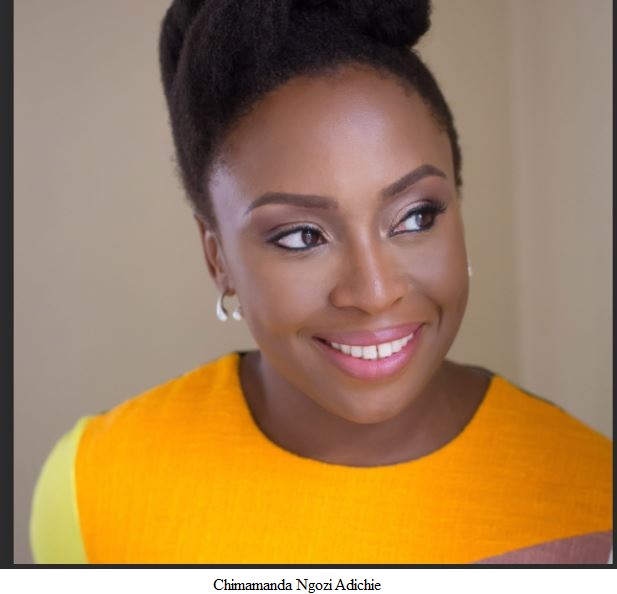Jeanny Pierre
Special to CSMS Magazine
In the vast landscape of literature, stories have the remarkable ability to shape our understanding of the world, challenge societal norms, and spark conversations that lead to change. As we navigate the complexities of the 21st century, issues such as racial equality, gender identity, and social justice have emerged as powerful and relevant themes for storytelling. In this article, we will explore why these issues resonate so deeply and how writers, both in the past and present, have harnessed the transformative power of social justice narratives.
The Mirror Reflecting Society
At its core, literature serves as a mirror reflecting the nuances of the society we inhabit. By addressing issues of racial equality and gender identity, writers have the opportunity to hold that mirror up to their readers, inviting them to confront uncomfortable truths and question preconceived notions. Social justice narratives provide a space for readers to empathize with characters who navigate the challenges of discrimination, prejudice, and identity.
Creating Empathy Through Diversity
Diverse representation in literature is essential for fostering empathy and understanding. When writers weave stories that authentically portray characters from various racial, ethnic, and gender backgrounds, readers are exposed to perspectives different from their own. This exposure fosters empathy, breaking down stereotypes and fostering a sense of shared humanity. Authors like Chimamanda Ngozi Adichie, in “Half of a Yellow Sun,” and Toni Morrison, in “Beloved,” have masterfully crafted narratives that delve into the complexities of race, leaving an indelible impact on readers.
Challenging Stereotypes and Prejudices
One of the most powerful aspects of social justice storytelling is its ability to challenge stereotypes and prejudices deeply ingrained in society. By presenting characters who defy stereotypes, writers contribute to the ongoing dialogue surrounding racial and gender biases. Octavia Butler’s groundbreaking science fiction works, such as “Kindred,” disrupt conventional narratives by exploring the impact of slavery through a time-traveling lens, forcing readers to confront uncomfortable truths about history and human behavior.
Gender Identity and the Fluidity of Narratives
In recent years, there has been a growing recognition of the importance of stories that explore gender identity and its fluidity. Writers have embraced the opportunity to break away from traditional gender norms, presenting characters whose identities challenge the binary constructs ingrained in society. Jeffrey Eugenides, in “Middlesex,” skillfully weaves a narrative around a protagonist with an intersex condition, challenging societal expectations and highlighting the diversity of gender experiences.
The Call to Action
Social justice narratives are not just mirrors; they are also powerful calls to action. When writers tackle issues like racial equality and gender identity, they inspire readers to reflect on their own beliefs and advocate for positive change. The impact of literature extends beyond the pages of a book, influencing societal attitudes and contributing to the ongoing struggle for justice. Alice Walker’s “The Color Purple” is a testament to this, as it not only explores the intersectionality of race and gender but also serves as a rallying cry for social change.
Writers as Agents of Change
Throughout history, writers have played a pivotal role in challenging the status quo and advocating for social justice. Harriet Beecher Stowe’s “Uncle Tom’s Cabin” is a classic example of literature catalyzing change; it contributed to the anti-slavery movement and ignited conversations about the inhumanity of slavery. In more recent times, the works of authors like Ta-Nehisi Coates, with “Between the World and Me,” have become essential reading for those seeking a deeper understanding of the African American experience.
Finally, in the tapestry of literature, social justice narratives stand out as threads that weave together stories of resilience, defiance, and hope. By addressing issues such as racial equality, gender identity, and social justice, writers contribute not only to the richness of literary landscapes but also to the ongoing evolution of societal norms. As we continue to navigate the complexities of the 21st century, the power of storytelling remains an invaluable tool for fostering empathy, challenging prejudices, and inspiring positive change. In the hands of writers, the pen becomes a potent instrument of transformation, shaping the narrative of a more just and inclusive world.
Note: Jeanny Pierre is an editor at Village Care Publishing. She wrote this piece exclusively for CSMS Magazine.
You can also see:
“One Hundred Years of Solitude” is Gabriel García Márquez’s best literary work


